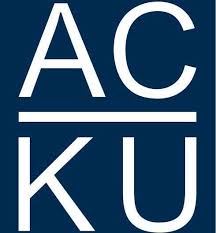Special report ; vulnerabilities to corruption in the Afghan attorney general’s office / Monitoring and Evaluation Committee (MEC).
Material type: TextLanguage: English Publication details: Kabul, Afghanistan : Independent Joint Anti-Corruption, Monitoring and Evaluation Committee (MEC), 2017.Description: 86 pages : illustrations ; 30 cmSubject(s): LOC classification:
TextLanguage: English Publication details: Kabul, Afghanistan : Independent Joint Anti-Corruption, Monitoring and Evaluation Committee (MEC), 2017.Description: 86 pages : illustrations ; 30 cmSubject(s): LOC classification: - Pamphlet JQ1765. A55.
| Item type | Current library | Call number | Copy number | Status | Date due | Barcode | Item holds | |
|---|---|---|---|---|---|---|---|---|
 Monograph
Monograph
|
Afghanistan Centre at Kabul University | Available | 3ACKU000523430 | |||||
 Monograph
Monograph
|
Afghanistan Centre at Kabul University | Pamphlet JQ1765.A55.S643 2017 (Browse shelf(Opens below)) | 2 | Available | 3ACKU000523422 |
Cover title.
Spiral bound.
“July 2017”.
“Independent Joint Anti-Corruption, Monitoring and Evaluation Committee”—at head of title.
Contents: Acronyms—I. Executive summary—II. Introduction—III. AGO role in criminal procedure—IV. Human resources and administration—V. Key findings—VI. Effecting change—VII. Recommendations—Annexes.
Summary: “Weak rule of law has been identified as the main reason for corruption in Afghanistan and corruption in the AGO has been identified as major contributing factor. The starkest observation from this MMVCA is the dire state that the AGO was allowed to degenerate. In the past, bribery, patronage, nepotism and deliberately weak oversight practices were the status quo…”—(page 4).
English
